| 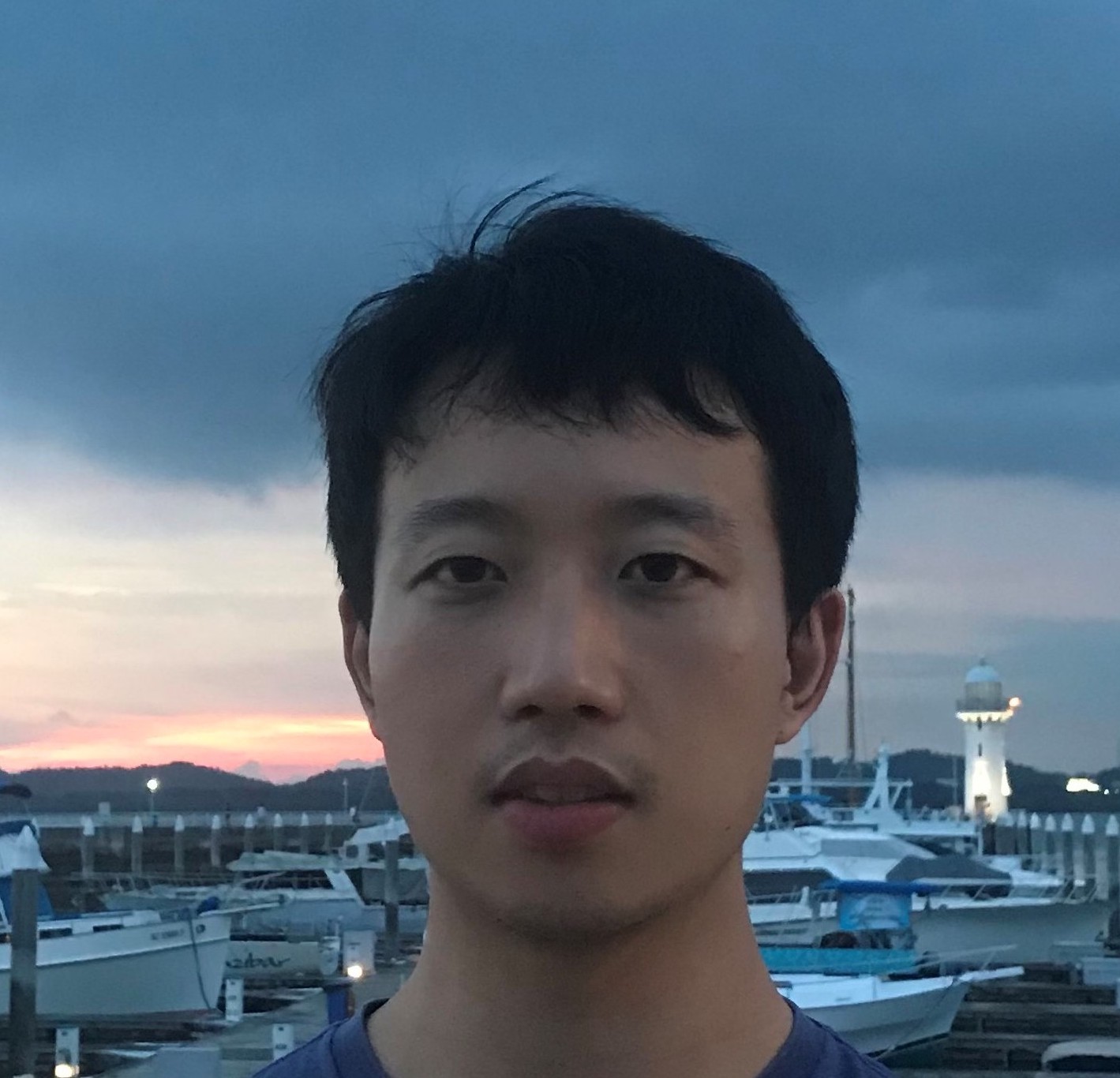 | Siyu Huang
Assistant Professor
School of ComputingClemson University
Image Synthesis: Translation, Style Transfer, and Beyond Dr. Siyu Huang joined the School of Computing at Clemson University in 2023 as an Assistant Professor. Previously, he was a postdoc in the John A. Paulson School of Engineering and Applied Sciences at Harvard University. He received his B.E. and Ph.D. degrees from Zhejiang University in 2014 and 2019, respectively. He was a visiting scholar at Carnegie Mellon University in 2018, a research scientist at Baidu Research from 2019 to 2021, and a research fellow at Nanyang Technological University in 2021. Dr. Huang’s research interests include computer vision, deep learning, and generative methods. He has published over 30 papers in top-tier conferences and journals. |
|  | Malte Jung
Associate Professor
Information ScienceCornell University
Teamwork with Machines Malte Jung is an Associate Professor in Information Science at Cornell University and the Nancy H. ’62 and Philip M. ’62 Young Sesquicentennial Faculty Fellow. His research brings together approaches from design and behavioral science to build understanding about how we can build robots that function better in group and team settings. His work has received several awards including an NSF CAREER award. He holds a Ph.D. in Mechanical Engineering, and a PhD Minor in Psychology from Stanford University. Prior to joining Cornell, Malte Jung completed a postdoc at the Center for Work, Technology, and Organization at Stanford University. He holds a Diploma in Mechanical Engineering from the Technical University of Munich. |
| 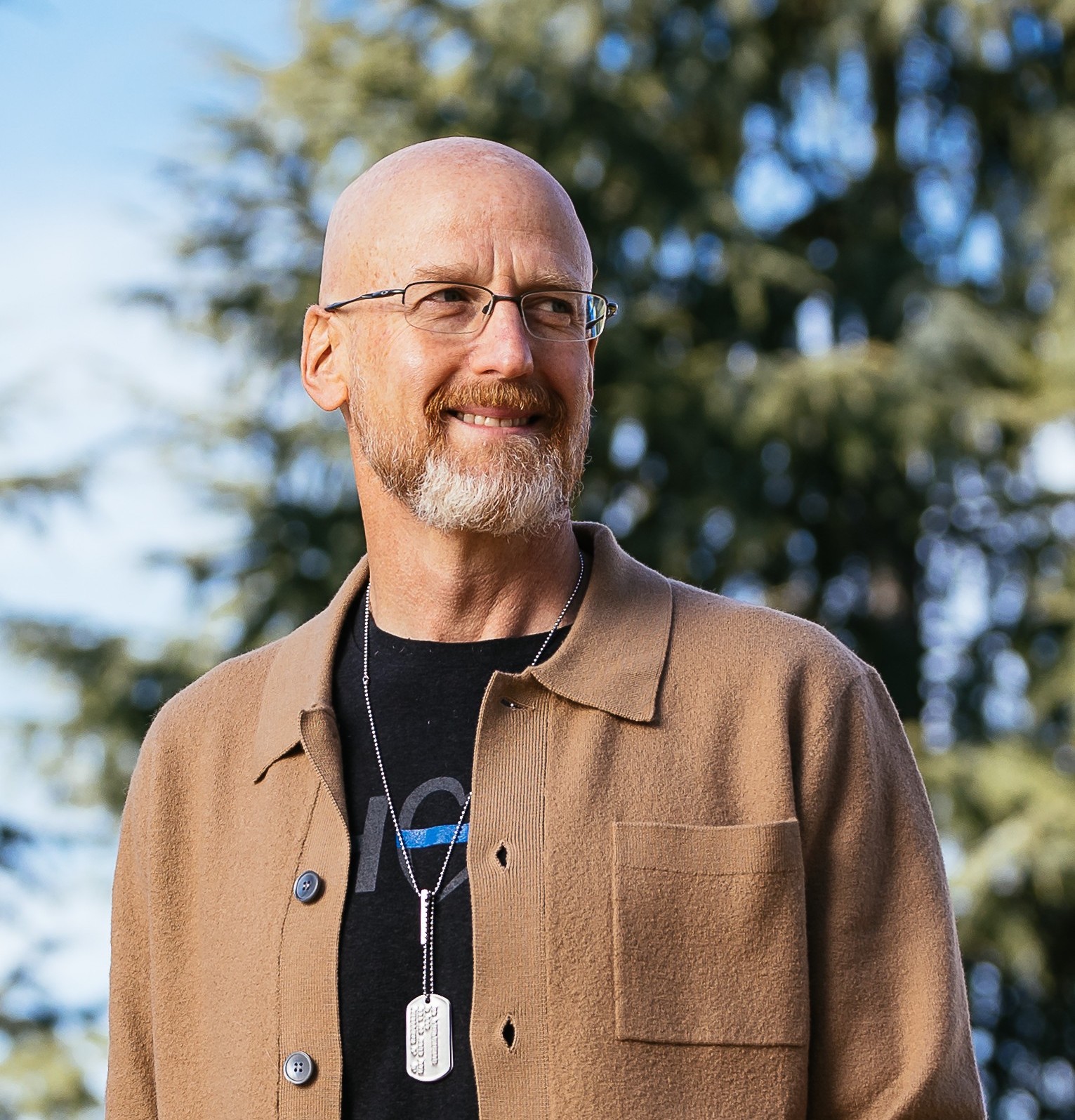 | Gary Shiffman
Founder, CEO and Chair of the Board of Giant Oak, Inc.
Co-founder, CEO and Board Member of Consilient, Inc.It's Not the Algorithm, It's the Ethics Gary M. Shiffman, Ph.D. is an applied micro-economist and business executive working to combat organized violence, corruption, and coercion. He received his BA from the University of Colorado in Psychology, his MA from Georgetown University in National Security Studies, and his PhD in Economics from George Mason University. His academic work is complemented by his global operational experiences, including his service as a U.S. Navy Surface Warfare Officer in the Pacific Fleet with tours in the Gulf War; as an official in the Pentagon, and a Senior Executive in the US Department of Homeland Security; as a National Security Advisor in the US Senate; and as a business leader at a publicly-traded corporation.
Currently, Dr. Shiffman serves as the Founder and CEO of Giant Oak, Inc., and the co-Founder and CEO of Consilient, both of which are machine learning and artificial intelligence companies building solutions to support professionals in the fields of national security and financial crime.
Dr. Shiffman recently published The Economics of Violence: How Behavioral Science Can
Transform Our View of Crime, Insurgency, and Terrorism with Cambridge University Press in 2020. |
|  | Mica Endsley
President
SA TechnologiesSupporting Human-Al Teams: Transparency, Explainability, and Situation Awareness Dr. Endsley is president of SA Technologies and a former Chief Scientist of the U.S. Air Force.
She has published over 200 articles on situation awareness and the effects of Al and automation on human performance. Dr. Endsley has a PhD in Industrial & Systems Engineering from the University of Southern California and is a fellow and former President of the Human Factors and Ergonomics Society. |
| 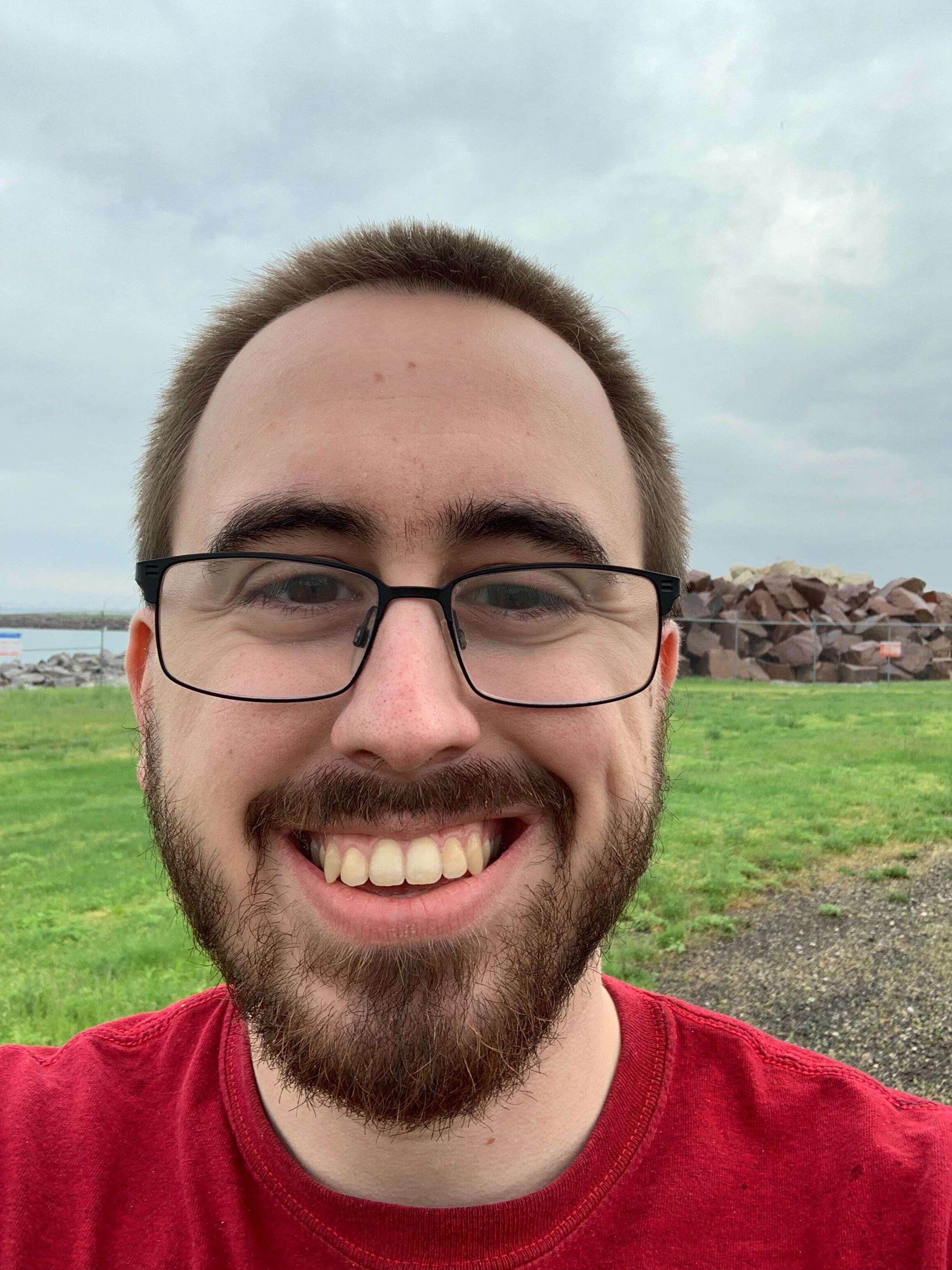 | Thomas Randall
Clemson UniversityTransfer-learning-based Autotuning Using Gaussian Copula I'm a Graduate Research Assistant at Clemson University in the School of Computing. My research focuses on performance optimization and autotuning for High Performance Computing (HPC) workloads and applications, especially with GPUs! I am working towards my PhD dissertation at Clemson and have published research with scientists at Argonne National Laboratory. You can also regularly meet me in person at the SuperComputing conference -- I'll be a Lead Student Volunteer at Denver in 2023, come say hi!
My long-term career aspirations are to work as a Computer Scientist in the National Labs and to continue serving the community at SuperComputing and other prestigious conferences in the field. |
|  | David Donar
Professor of Art in Animation
Clemson UniversityCreative Research from the Sights and Sounds of Southwest Louisiana I am a folklorist, cartoonist, animator and a professor at Clemson University where I teach in the Digital Production Arts program. I have a deep interest in Country, Cajun and Blues music. My work has been seen on MTV, the Los Angeles Museum of Television and Radio (home of the Emmys), Brooklyn Museum of Art, Palm Springs International Film Fest and Seattle’s Bumbershoot Festival to name a few. |
| 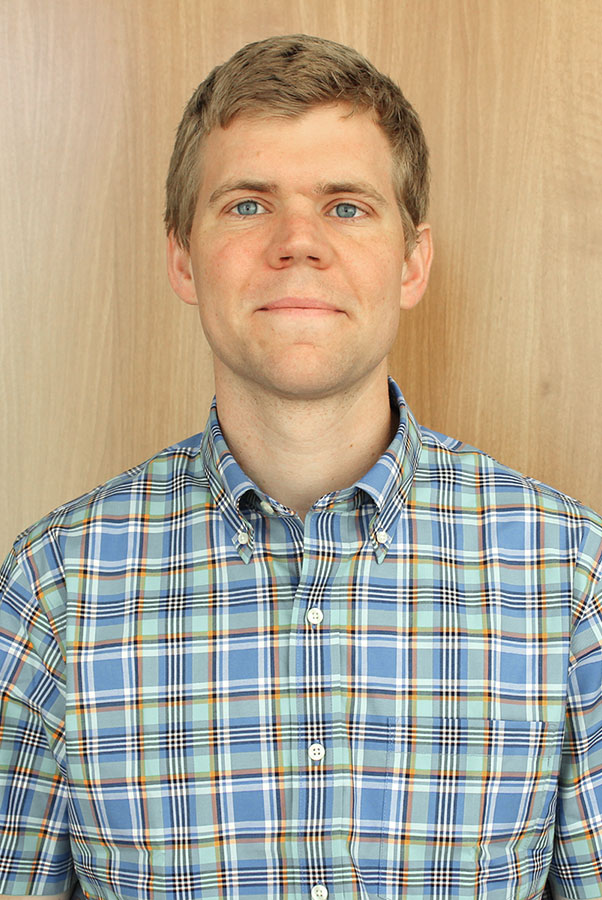 | Hudson Smith
Dir. of Applied Machine Learning
Clemson UniversityOn the Relevance of Temporal Features for Medical Ultrasound Video Recognition Hudson is Director of Applied Machine Learning for Research Computing and Data, supporting HPC machine learning and artificial intelligence applications at Clemson University. Following his graduate work in theoretical atomic physics, Hudson worked in the data science industry, applying machine learning techniques to solve problems within the healthcare industry. In his role at Clemson, he works alongside a wide range of domain specialists spanning social and biomedical sciences to apply machine learning techniques in impactful ways. Hudson also co-leads the Clemson/MUSC Artificial Intelligence Hub, which fosters collaborations between clinical and technical researchers leveraging AI techniques for medical applications. His research focuses on applications in the Healthcare domains, emphasizing sample-efficient deep learning in data-limited scenarios such as diagnosing congenital heart defects from ultrasound video clips.
|
| 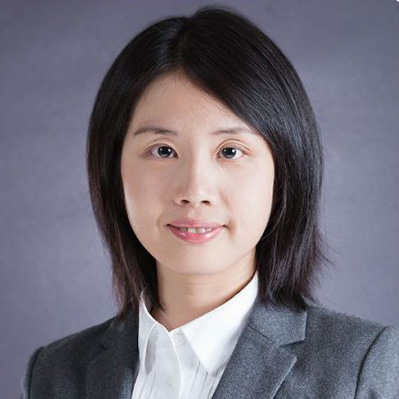 | Jinwei Ye
Assistant Professor of Computer Science
George Mason UniversitySeeing 3D with Polarized Light Jinwei Ye is an assistant professor of Computer Science at George Mason University. Before that, she was an assistant professor at Louisiana State University from 2017 to 2021. She received her Ph.D. in Computer Science from the University of Delaware in 2014. She was a postdoctoral fellow at US Army Research Lab from 2014 to 2015, and a senior researcher at Canon U.S.A. from 2015 to 2017. Her research interests are at the intersection of computer vision, computational imaging, and computer graphics. Her works are largely supported by NSF. She received the NSF CAREER awards in 2023. She served in the senior program committee (area chair) and organizing committee for many computer vision and AI conferences, including CVPR, ICCV, ECCV and AAAI. She is a Senior Member of IEEE |
| 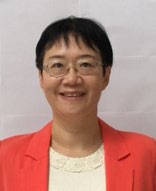 | Ling Liu
Professor
School of Computer Science
Georgia Institute of TechnologyFrom Centralized Learning to Federated Learning:
Opportunities and Challenges Ling Liu is a full professor in the School of Computer Science at Georgia Institute of
Technology. She directs the research programs in the Distributed Data Intensive Systems Lab
(DiSL), examining various aspects of big data systems and analytics. Prof. Liu is an elected
IEEE Fellow, a recipient of IEEE Computer Society Technical Achievement Award (2012), and
a recipient of the best paper award from numerous top venues, including IEEE ICDCS, WWW,
ACM/IEEE CCGrid, IEEE Cloud, IEEE ICWS. Prof. Liu served on editorial board of over a dozen
international journals, including the editor in chief of IEEE Transactions on Service Computing
(2013-2016). Prof. Liu is currently the editor in chief of ACM Transactions on Internet
Computing (since 2019). Her current research is primarily supported by National Science
Foundation, CISCO and IBM. |
| 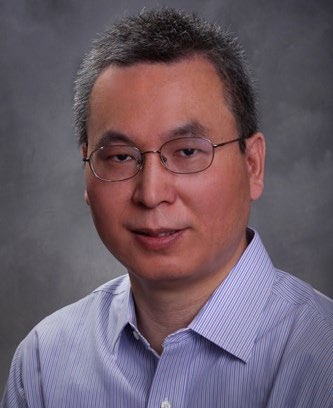 | Jinhui Xu
Professor
Department of Computer Science and Engineering
State University of New York at BuffaloVoronoi Diagram: A Geometric Point of View of Deep Learning Dr. Jinhui Xu received his BS and MS degrees in Computer Science from the University
of Science and Technology of China in 1992 and 1995 respectively and his PhD degree
in Computer Science and Engineering from the University of Notre Dame (Indiana, USA)
in 2000. Since then, he is on the faculty of Computer Science and Engineering at the
State University of New York at Buffalo (UB), and is currently a full professor there. His
research interest lies in the areas of algorithms, computational geometry, machine
learning, differential privacy and their applications in medicine, biology, and
networking. He has published intensively in these areas and designed the state-of-the art algorithms for many fundamental problems. He is one of the pioneers who use
geometric techniques to solve challenging problems in biomedicine and deep learning. |
| 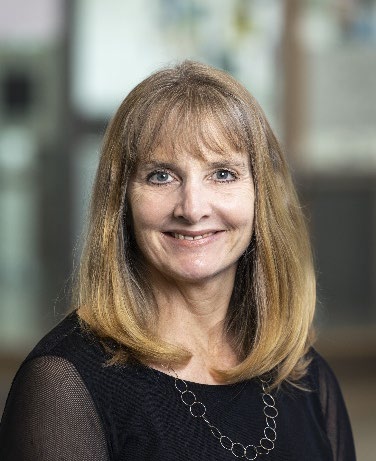 | Missy Cummings
Professor
George Mason UniversityPromises and Perils of AI in Safety-Critical Systems Professor Mary (Missy) Cummings received her B.S. in Mathematics from the US
Naval Academy in 1988, her M.S. in Space Systems Engineering from the Naval
Postgraduate School in 1994, and her Ph.D. in Systems Engineering from the
University of Virginia in 2004. A naval officer and military pilot from 1988-1999,
she was one of the U.S. Navy's first female fighter pilots. She is a Professor in the
George Mason University College of Engineering and Computing and is the
director of the Mason Autonomy and Robotics Center (MARC). She is an American
Institute of Aeronautics and Astronautics (AIAA) Fellow, and recently served as
the senior safety advisor to the National Highway Traffic Safety Administration.
Her research interests include the application of artificial intelligence in safetycritical systems, assured autonomy, human-systems engineering, and the ethical
and social impact of technology. |
|  | Sabine Süsstrunk
Professor and Director of the Image and Visual Representation Lab
Ecole Polytechnique Fédérale (EPFL)Diffusion in Style Sabine Süsstrunk is Full Professor and Director of the Image and Visual Representation Lab in the School of Computer and Communication Sciences (IC) at the Ecole Polytechnique Fédérale (EPFL), Lausanne, Switzerland. Her main research areas are in computational photography and imaging, color computer vision, and computational image quality and aesthetics. She received the IS&T/SPIE 2013 Electronic Imaging Scientist of the Year Award for her contributions to color imaging, computational photography, and image quality, and the 2018 IS&T Raymond C. Bowman and the 2020 EPFL AGEPoly IC Polysphere Awards for excellence in teaching. Sabine is a Fellow of ELLIS, IEEE and IS&T, and President of the Swiss Science Council (SSC). |
| 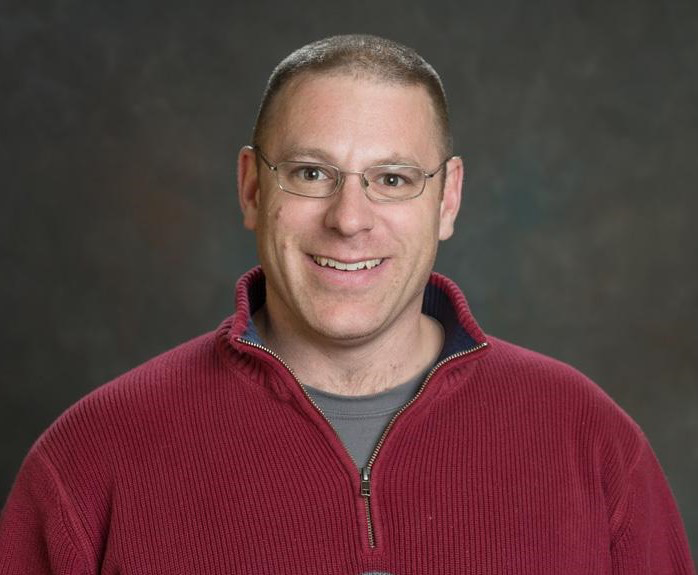 | Jeremy Daily
Associate Professor
Colorado State University Digital Forensics and Cybersecurity for Heavy Vehicle Systems Jeremy Daily, Ph.D., P.E. is an Associate Professor of Systems Engineering at Colorado State University in Fort Collins, CO. Dr. Daily started his career serving in the US Air Force where he maintained electronic equipment. He received his degrees from Wright State University and then pursued a career as a professor in mechanical engineering at the University of Tulsa, where he pursued crash reconstruction, digital forensics, and heavy vehicle cybersecurity. In 2017, Dr. Daily co-founded the CyberTruck Challenge. In 2019, he moved to Colorado State and helped in getting the CyberBoat and CyberTractor Challenge started. |














